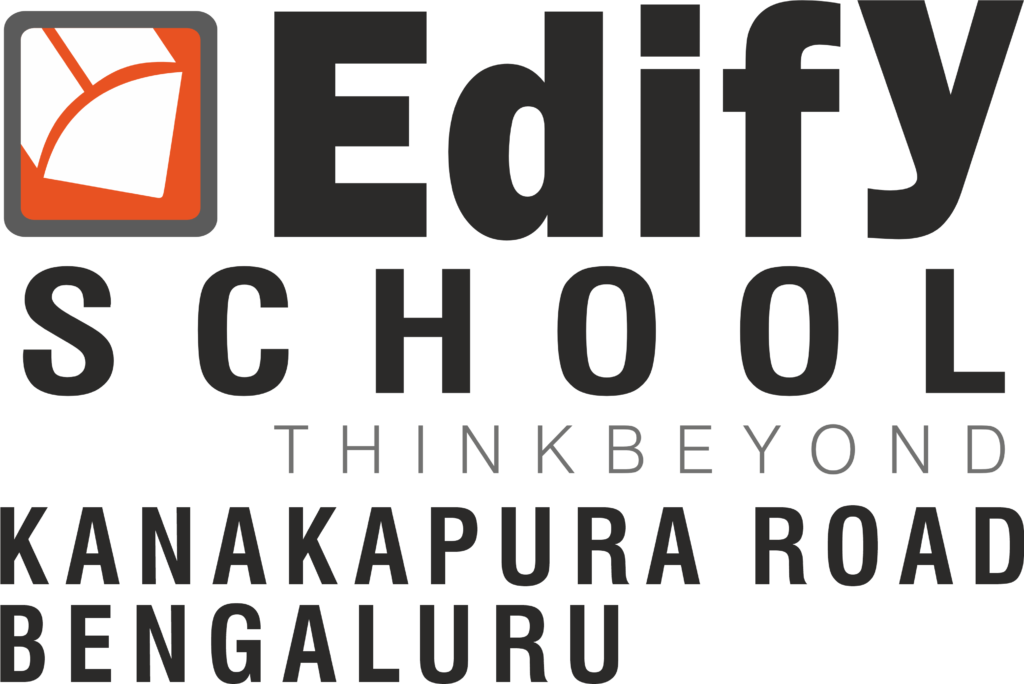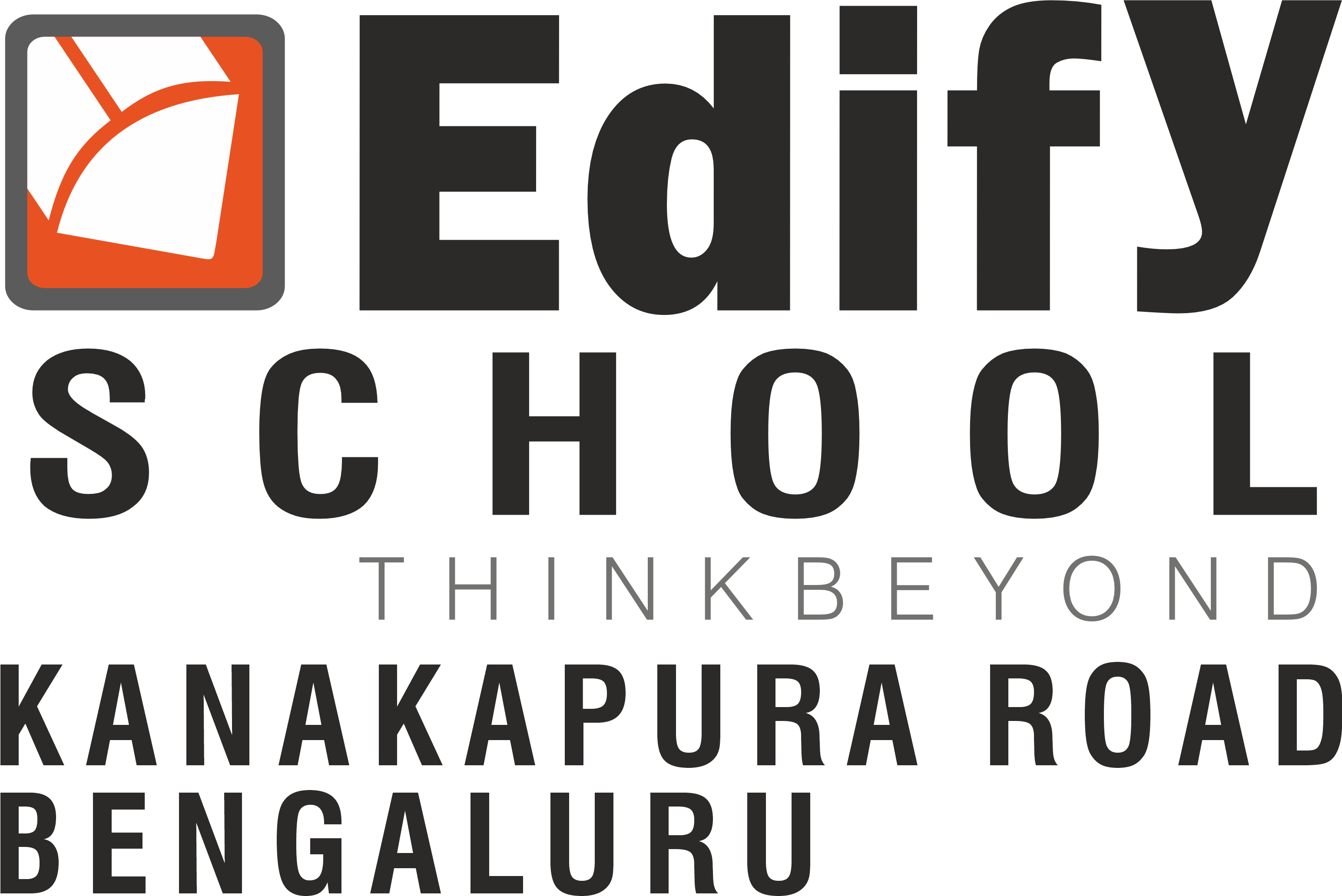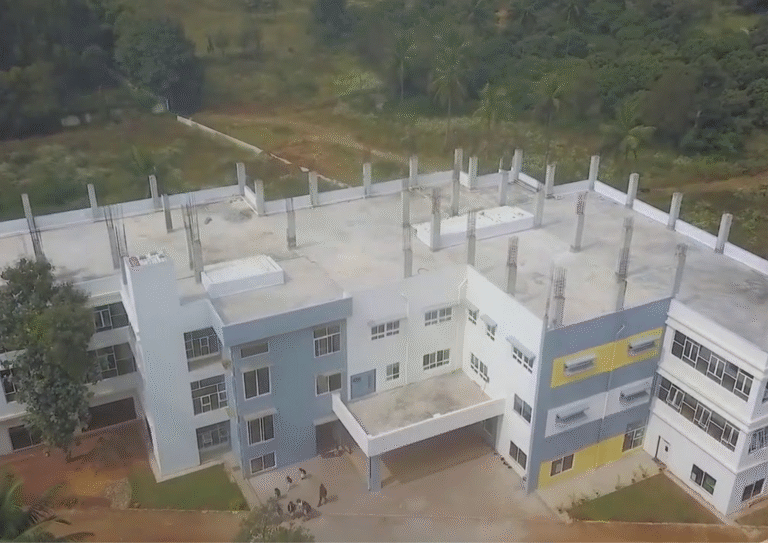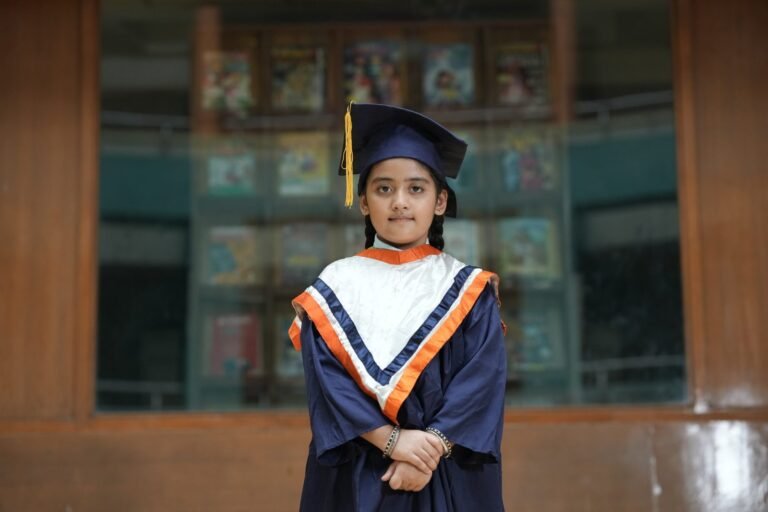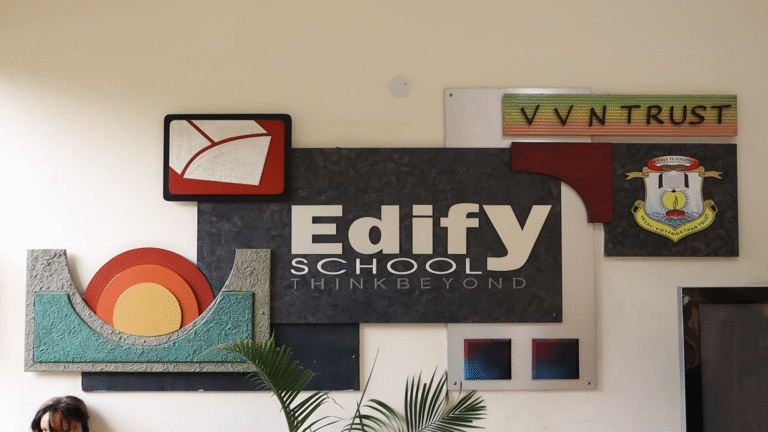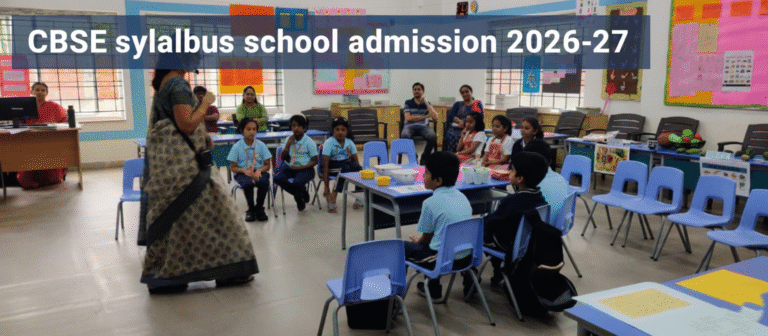Education is evolving. In fact, it’s no longer enough for students to simply memorize facts — today’s learners need to do, explore, and create. Among the many modern pedagogies, project-based learning (PBL) stands out as especially powerful. Moreover, in Bangalore, schools like Edify School are embracing PBL (alongside other innovative methods) to make learning more engaging, relevant, and effective. Therefore, this article explores what PBL is, how Edify implements it, the benefits, the challenges, and why it truly matters for students in Bangalore.
What is Project-Based Learning (PBL)?
Project-Based Learning is a teaching method where students:
Engage in real-world or meaningful problems or questions
Plan, research, and execute a project over an extended time
Collaborate with peers, often from different disciplines
Create a product, presentation, or solution at the end
Reflect on both process and product
PBL shifts the classroom from teacher-led instruction to more student-centered inquiry, giving learners agency and encouraging deeper understanding rather than rote learning.
Why PBL Is Gaining Ground in Bangalore
Several factors make Bangalore schools more open to PBL:
Competitive but progressive environment — Parents and educators want not just exam success but skills like creativity, critical thinking, teamwork.
Availability of resources & infrastructure — Many newer schools (and existing ones upgrading) have labs, digital tools, space, etc., making hands-on work possible.
Alignment with newer education policies — The National Education Policy (NEP) supports activity-based, inquiry-based learning, skills, and real-world learning.
Global influences — Curricula and schools look to international best practice; PBL is common globally and seen as a future in education.
Edify School: How PBL Fits into Their Teaching Philosophy
From what is publicly known, Edify has taken several concrete steps to incorporate project-based learning and related innovative methods.
1. Classroom & Infrastructure Support
Edify campuses (e.g. Kanakapura Main Road, Chikkabanavara) have labs (science, math), digital classrooms, wonder rooms, etc.—all useful for PBL.
Teachers are given training and professional development to use modern teaching strategies.
2. Curriculum & Pedagogical Approach
Edify follows a 3C Curriculum (“Character, Competence, Content”) which blends inquiry-based learning, hands-on activities, and real-world contexts.
Their Pedagogy includes student-centred learning, experimental learning strategies, and tools like Jigsaw, Think-Pair-Share, Reciprocal Teaching etc., which are often used in PBL environments.
Assessment at Edify includes project-based assessments, collaborative tasks, practical applications beyond textbooks.
3. Assessment & Feedback
Edify doesn’t just evaluate correct answers; the process matters. The assessment framework includes peer and self assessments, character development, real-world problem solving.
Collaborative tasks as part of assessments test communication, teamwork.
Examples of PBL & Related Activities at Edify
While specific named projects are less widely publicized, some types of PBL-activities are evident:
Inquiry & Real-World Problem Solving: Students are encouraged to work on projects that address real life questions; this might be through science fair type projects, environmental studies etc. (Inquiry-based learning is promoted alongside PBL)
Emotional Intelligence & Social Skills via Projects: Edify uses group projects not only for academic content but also to build communication, empathy, conflict resolution among students.
Benefits Observed at Edify and More Broadly
Based on what Edify and other PBL-adopting schools report, the following benefits emerge:
| Benefit | Description |
|---|---|
| Deeper understanding & retention | Students better remember concepts they applied practically rather than just memorized. |
| Improved engagement & motivation | Doing something real, working in teams, seeing outcomes increases interest. |
| Better student autonomy, critical thinking | Need to plan, decide, troubleshoot in projects fosters independent thinking. |
| Development of soft skills | Communication, teamwork, presentation, planning etc., are all natural parts of PBL. |
| Bridging theory & practice | Students see how what they learn in books applies in real situations. |
For Edify specifically, PBL and related methods are intended to help close learning gaps. In particular, they let slower learners proceed at their own pace. Moreover, they provide hands-on and peer learning opportunities. As a result, classrooms become more inclusive and effective.
4 Challenges in Implementing PBL & How Edify Manages Them
Implementing PBL effectively has its challenges. Some of them, and ways Edify handles or mitigates them, are:
Teacher Training & Mindset
Assessment Complexity
Time & Curriculum Pressure
Resource Constraints
How Edify’s PBL Model Compares with Other Bangalore Schools
Edify is not alone in adopting PBL. Schools like EISB (Ebenezer International School Bangalore) also promote PBL heavily. For EISB for example, project-based learning helps students develop 21st-century skills, collaboration, communication, problem solving, deeper understanding.
What sets Edify apart:
The structured integration of PBL within their assessment framework (so projects count, not just extra work).
Use of a hybrid curriculum (3C + CBSE / IGCSE) allowing more flexibility in how content is delivered.
Emphasis also on character, emotional intelligence alongside competence and content. Projects aren’t purely academic but also social/emotional.
Best Practices & Tips for Successful PBL
If schools or teachers are looking to implement PBL well (especially in Bangalore / Indian CBSE contexts), here are some best practices:
Start small, scale gradually — Introduce project tasks or mini-projects before full size ones.
Use clear rubrics and criteria — So students know what success looks like.
Allow student choice — Let students have voice in selecting project topics to increase ownership.
Blend disciplines — PBL works well when questions cut across subjects (science + art + language etc.).
Ensure resources are available — Access to labs, internet, materials, space.
Teacher training & collaboration — Teachers should share experiences, co-plan projects, keep experimenting.
Reflection — After projects, reflection (what went well, what didn’t) is essential.
Edify School seems to follow many of these already in its pedagogy and assessment model.
Why PBL Matters for Students in Bangalore and India
- The job market and higher education increasingly value soft skills (communication, collaboration, creative thinking) that PBL builds.
With India’s diverse student population (varying learning styles, backgrounds), PBL can help by allowing multiple entry points into learning and reducing rote burden.
National Education Policy’s shift toward skills, inquiry, experiential learning means students benefit from schools that adopt PBL.
In global comparison, students trained in PBL tend to adapt better to changing environments, new technologies etc.
What Edify Might Do Going Forward to Strengthen PBL
Looking at Edify’s current model and possibilities, here are some ways Edify could deepen their PBL usage even more:
Establish project incubators or labs where students propose their own projects, possibly in partnership with local industry or community.
Use inter-school or international project collaborations, allowing students to work with peers elsewhere.
More integrating technology: virtual labs, AR/VR, simulation tools in projects.
Publish and showcase student projects publicly to motivate and share learning.
Regularly track outcomes (skills, student feedback, performance) to refine methods.
Project-Based Learning is not just another educational fad. Instead, it’s a shift toward making learning more meaningful, engaging, and future-relevant. In fact, schools in Bangalore are recognizing this, and Edify School is among those that are doing it well — embedding PBL into their pedagogy, assessments, and culture. Moreover, as education continues to evolve, students trained through PBL will likely be better prepared not only to succeed in exams, but also to thrive in an uncertain world where adaptability, creativity, and collaboration are key.
Therefore, if you’re exploring schools in Bangalore, or are a teacher/parent interested in PBL, Edify’s model offers many lessons. With this in mind, their mix of infrastructure, teacher training, curriculum flexibility (3C + CBSE/IGCSE), and emphasis on character and competence make it a strong example of how PBL can be implemented effectively.
FAQ's
1. What is Project-Based Learning (PBL) and how is it different from traditional teaching?
PBL is a student-centred approach where learners work on real-world projects over an extended period. Instead of only listening to lectures and memorising facts, students research, plan, collaborate, and create solutions or products. This method focuses on practical application and critical thinking, while traditional teaching often relies heavily on textbooks and rote learning.
2. How does Edify School in Bangalore implement PBL?
Edify integrates PBL within its 3C Curriculum. Teachers design inquiry-based projects that align with CBSE and IGCSE learning objectives. Students engage in collaborative tasks, use digital labs, and present their findings as part of their academic assessment, ensuring that projects are a core part of the learning process.
3. What skills do students develop through project-based learning?
Students gain a wide range of skills: critical thinking, creativity, problem-solving, time management, teamwork, communication, and presentation. These skills are highly valued in higher education and modern workplaces.
4. Does PBL affect academic performance in exams like CBSE board tests?
Research and Edify’s own experience show that PBL can improve understanding and retention, which often translates into stronger exam performance. By applying concepts in practical settings, students grasp topics more deeply and remember them longer.
5. Are parents involved in Edify’s PBL initiatives?
Yes. Parents are often invited to exhibitions, presentations, and project showcases. Their feedback helps teachers and students refine projects and celebrate achievements, creating a strong home–school connection.
